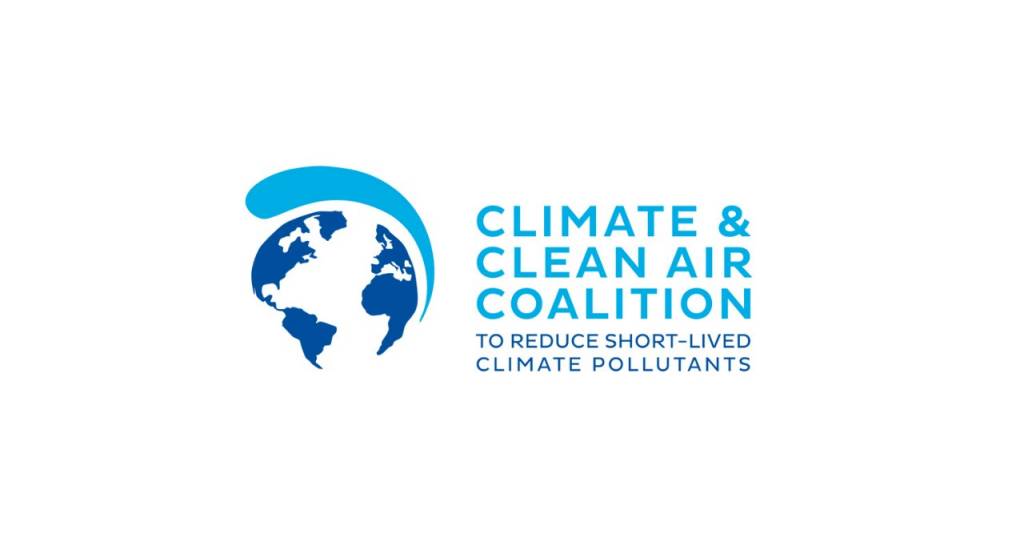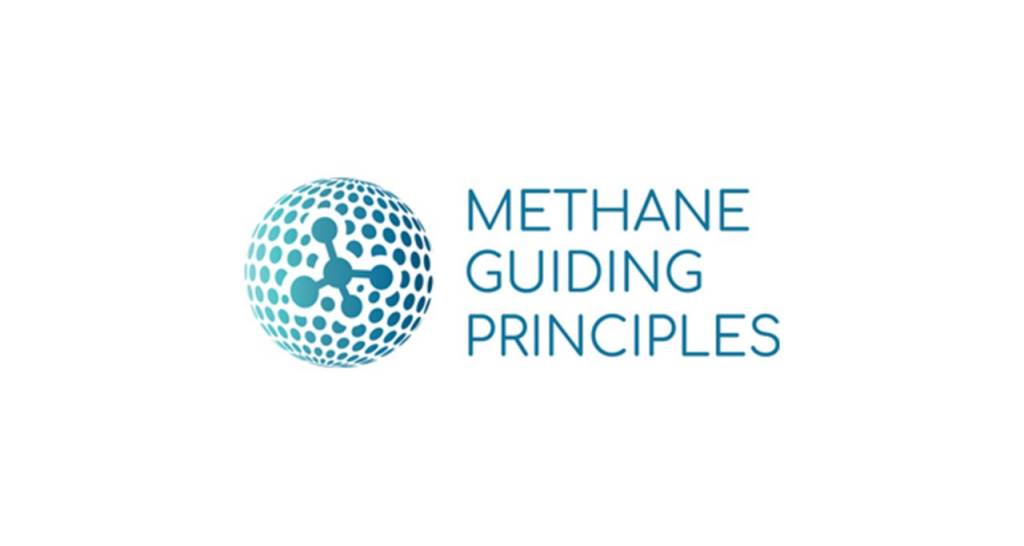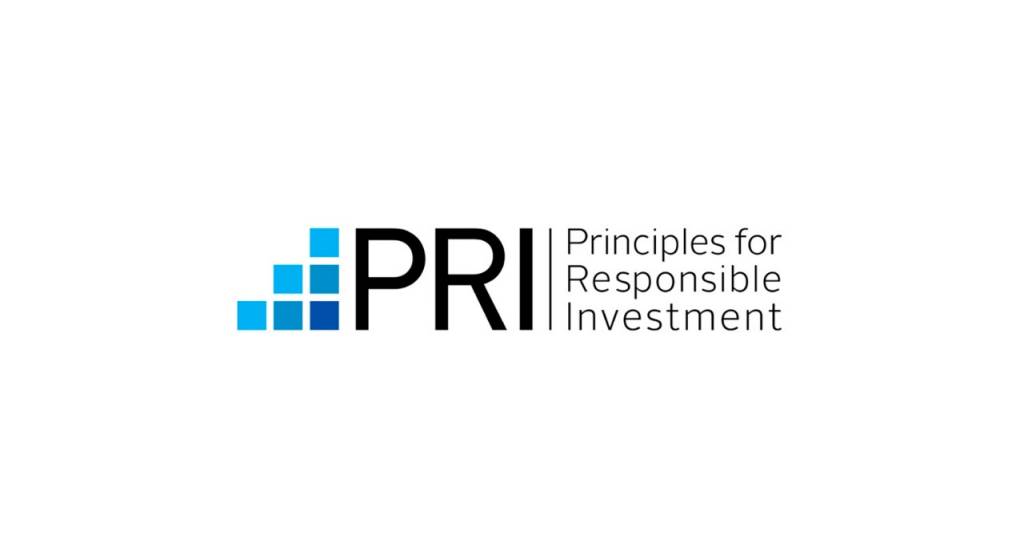Less aggresive to the environment
This fossil fuel has a lower environmental impact.
Less CO2 emissions
It emits half as much CO2 as coal.
Natural gas as eficient biofuel in the transition
Holding the key to the energy transition
We support the use of natural gas to bring about a structured transition to a low-emissions future, particularly due to its short-term potential to substitute coal in electricity generation.
Our Exploration and Production portfolio reflects this position, with one of the highest percentages of gas over oil in the industry. Minimizing methane emissions to the atmosphere is essential as it ensures the advantages of natural gas as a low-carbon source of energy, which is fundamental for the energy transition.
We see natural gas as the most efficient solution to bring about a structured transition to a low-emissions future. Among its advantages are:
Less aggresive to the environment
This fossil fuel has a lower environmental impact.
Less CO2 emissions
It emits half as much CO2 as coal.
GHG reduction
It will play a key role in reducing GHGs, especially in generating electricity.
Our objective: Reduce methane intensity
Natural gas is a key element in the energy transition, which is why we have taken on the objective of achieving a methane emissions intensity of our operated assets of 0.2% by 2025, a value recognized as near-zero by relevant shareholders for the O&G sector and which also coincides with the new target announced by the OGCI (Oil and Gas Climate Initiative) of which Repsol is a member. Achieving this goal is mainly based on three lines of action:
Supporting regulations aimed at reducing methane gas emissions

EU Methane Strategy
Convinced of the importance of the role that regulation can play achieving real reductions, in May 2020 Repsol, together with other companies and environmental and policy organizations, proposed a set of policy recommendations to the European Commission aimed at driving the reduction of methane emissions ahead the EU Methane Strategy.
After the publication of the EU methane strategy in October 2020, a group of companies including Repsol and organizations working together under Methane Guiding Principles (MGP) umbrella, developed five sets of detailed recommendations to support timely European Union legislation in order to achieve ambitious methane emissions reduction outcomes across the supply chain of natural gas consumed in the EU.
The recommendations claim for a robust Monitoring Reporting & Verification system, building on OGMP 2.0 methodology (Repsol is already a signatory), the need to address fugitives emissions through detection and repair, and requirements to limit methane emissions from flaring and venting. They also see the biogas as a key opportunity for the decarbonization of the EU gas system, along with other low-carbon and renewable gases. The scope of the Strategy includes domestic gas and imports, this is why we recommend setting targets to achieve real reductions and offer support to the EU to lead a diplomatic outreach campaign seeking for rules and regulations that create a global level playing field and greater transparency across the gas supply chain.
Joining forces to reduce methane emissions

As part of this initiative, we have launched methane reduction projects in collaboration with other companies, institutions, and governments.

A group that creates guiding principles for the correct management of methane emissions, including measurement, mitigation, transparent reporting, and more.

An initiative that shares best methane emission management practices.
We join global initiatives aimed at implementing sustainability principles.